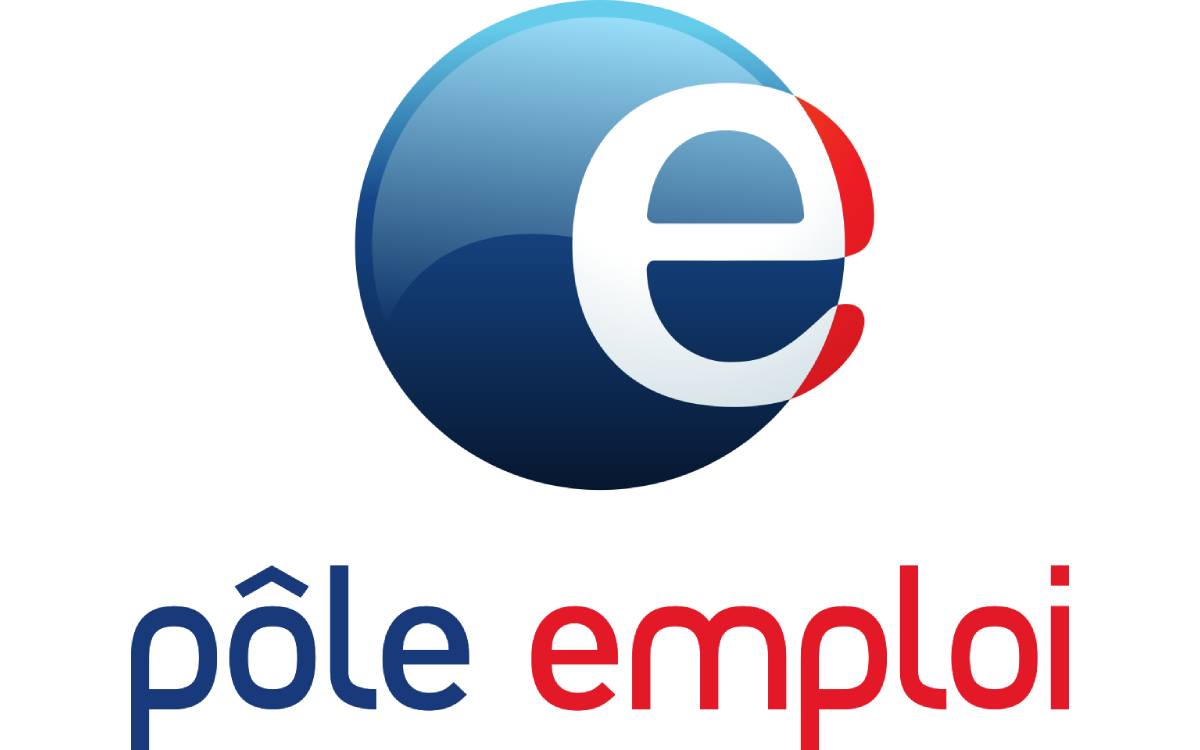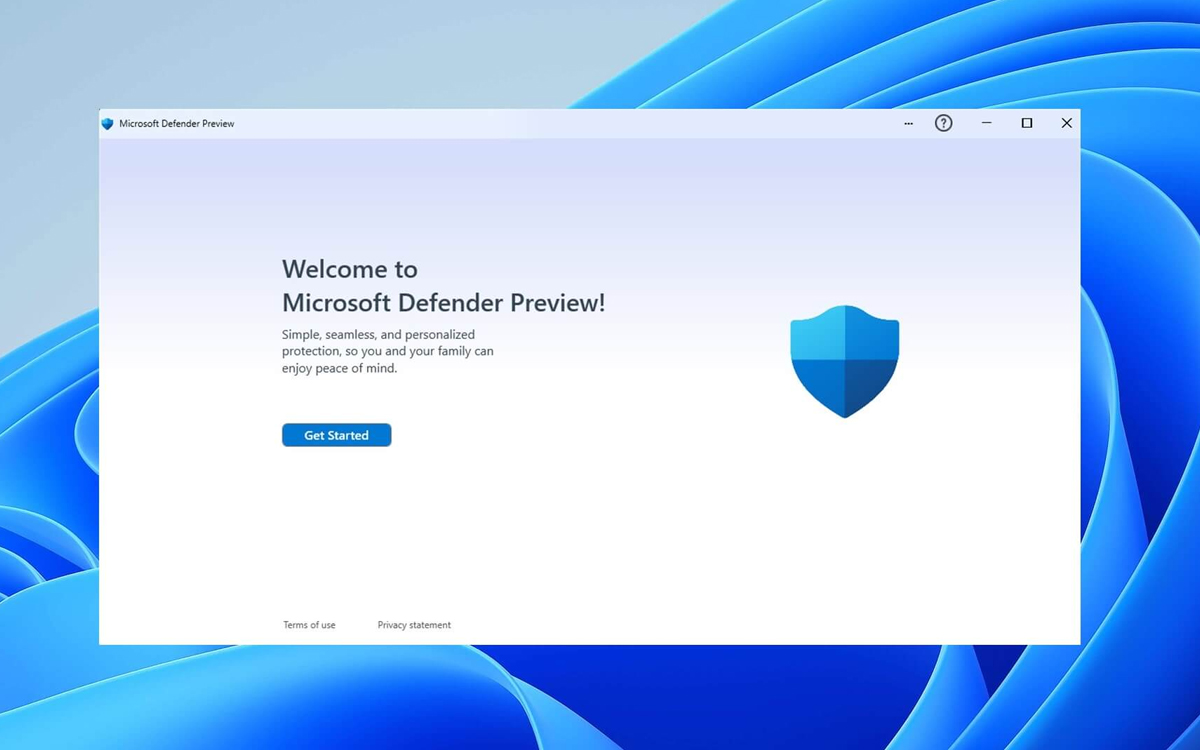
On the social network Twitter, the Community Manager of the official Pôle Emploi account reacted to a tweet from a user about an unsecured web address. The CM’s response is rather… amazing!
On Thursday June 22, 2023, the Internet user in the name of @bluetouff challenges users of the social network Twitter to find out if there is an official Pôle emploi account. The reason ? A suspicious URL address which seems to come from the website of the French establishment.
More than an hour after the user’s tweet, the Community Manager (CM) of the Pôle emploi Twitter account said the following: “Thank you for your alert, which we have forwarded to our competent services. We invite you to report this fraudulent page via the reporting platform internet-signalement.gouv.fr/PharosS1/“.
Read also – Pôle emploi hacked: the data of 1.2 million French people have been stolen
Pôle emploi advises to report its official website
In the tweet, the CM suggested to the Internet user to report said fraudulent page to the Pharos platform. Created in 2009 by the French government, the platform for harmonizing, analyzing, cross-checking and directing reports makes it possible to mention illegal online content and behavior. But the so-called fraudulent page is simply the official site of the Pôle emploi. In another tweet, Internet user Bluetouff claims that this is not illegal content. The URL mentioned comes from an address communicated by Pôle emploi during the confirmation stage of the user’s e-mail.
On the capture, we can notice the presence of the mention “Not secure”. These terms indicate that the electronic certificate of the Pôle emploi site has not been set up or has not been updated. This certificate, which is signed by a trusted third party, attests to the link between the physical identity and the digital entity of the platform. In summary, the CM of the Pôle emploi Twitter account should have mentioned the non-compliance of the electronic certificate to the French body instead of recommending that the Internet user report the illegal content which, in reality, was not an illegal content. .



